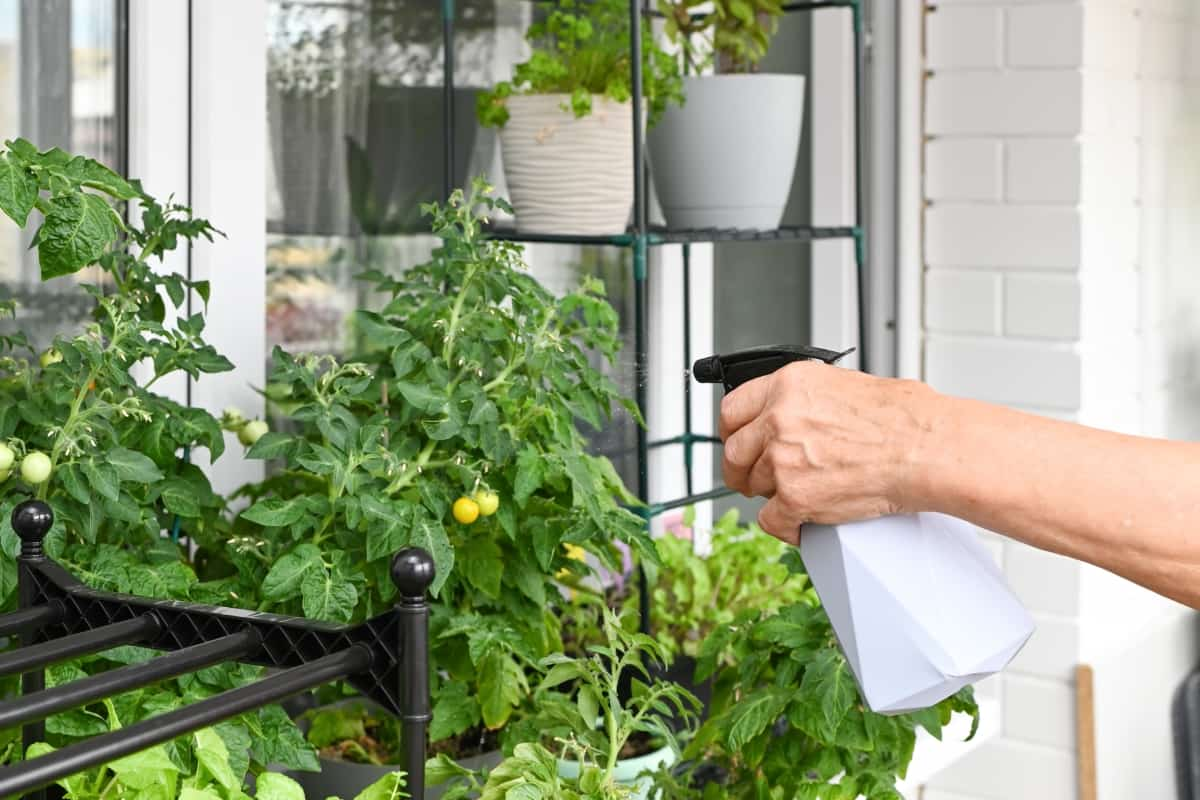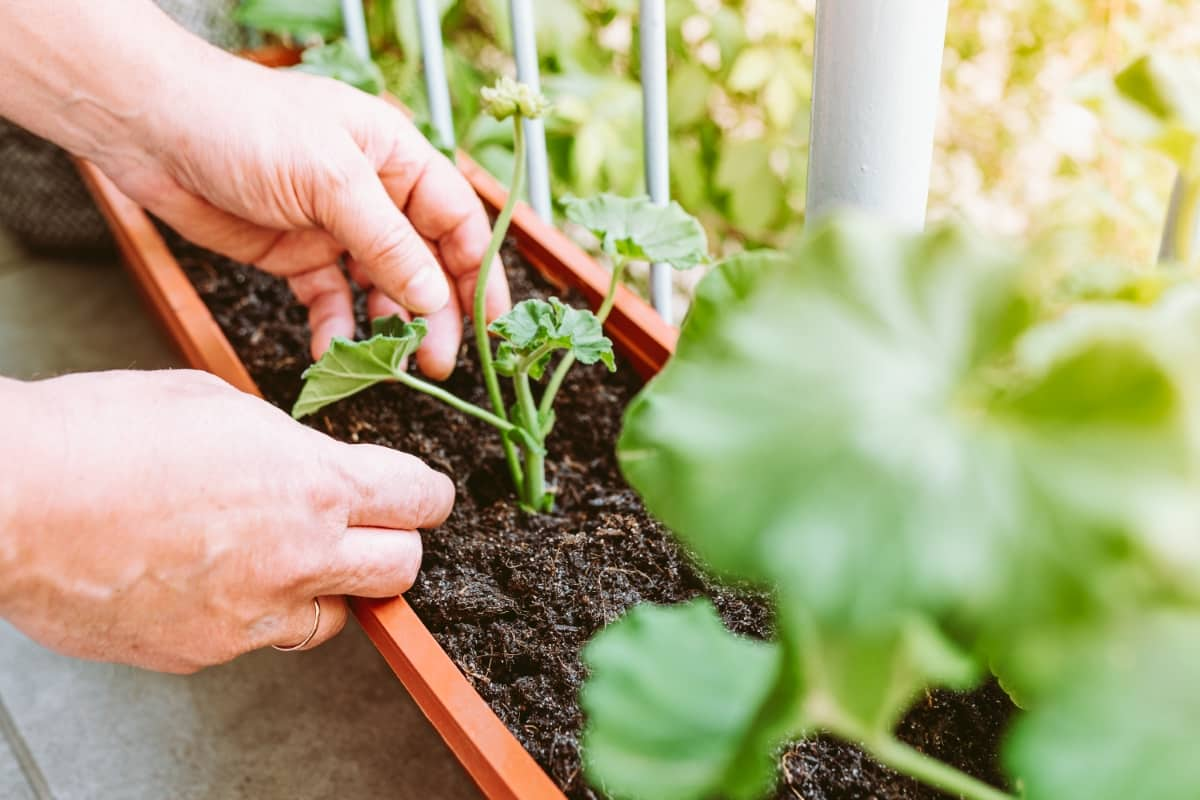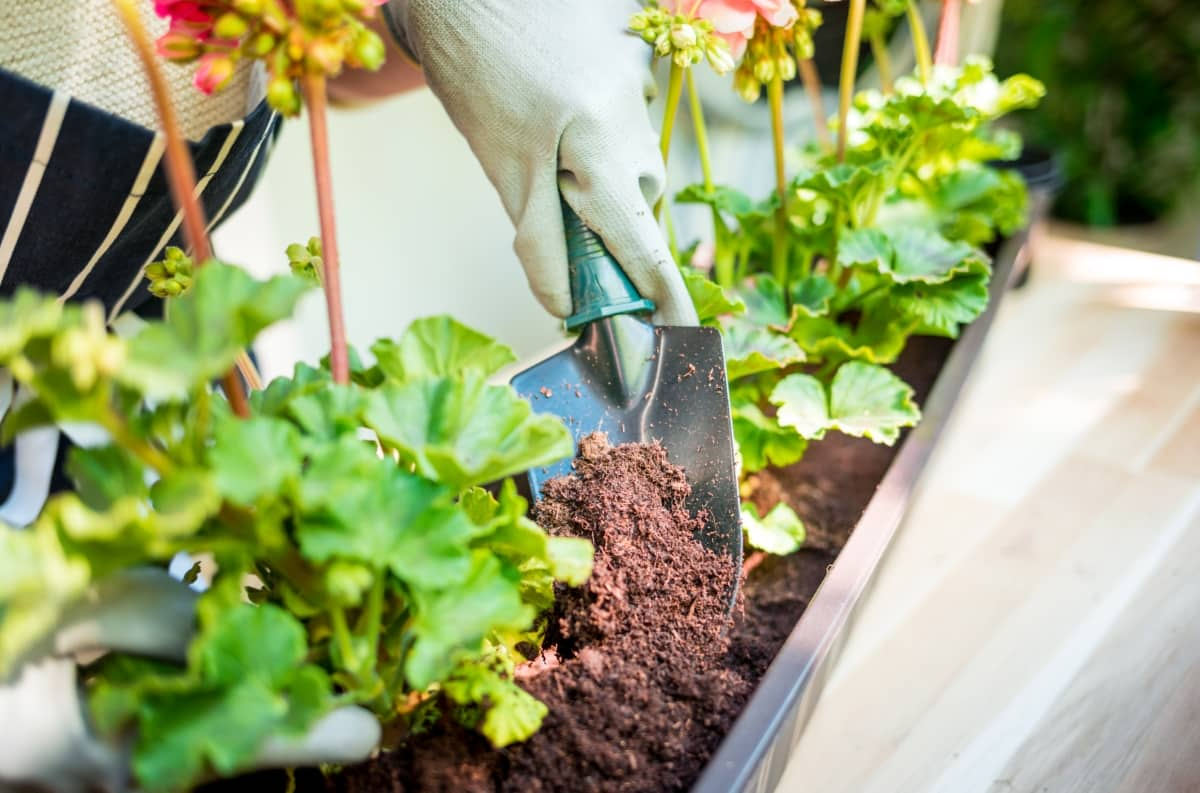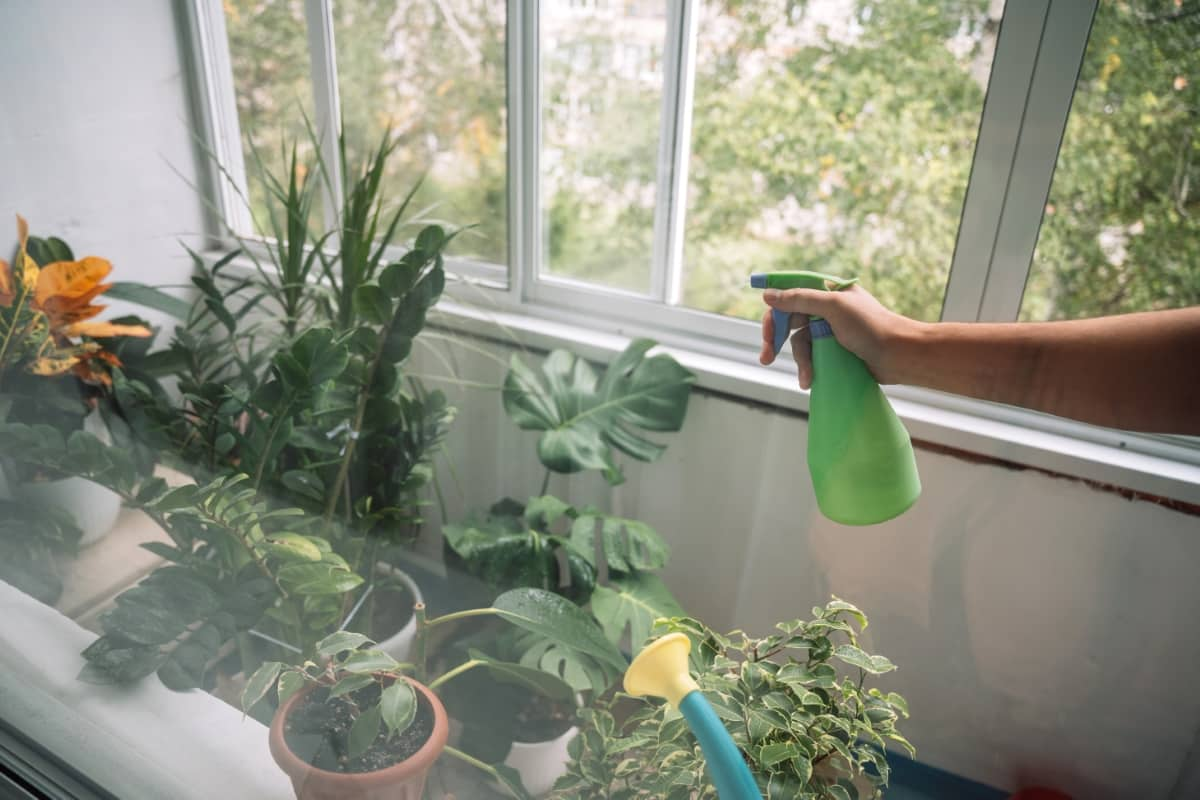Balcony gardens bring the joy of greenery to urban spaces, but they also attract various pests. When considering how to maintain a balcony garden, it’s essential to address the challenges of pest control. Getting rid of bugs on a balcony requires understanding the specific pests that invade these spaces, implementing natural and chemical-free methods, and using integrated strategies. Essential elements for balcony gardens include proper plant selection, soil health, and the use of beneficial insects. This article provides insights into managing pests effectively in your balcony garden.

Pest Management in Balcony Gardens
Understanding Common Pests in Balcony Gardens
In balcony gardens, common pests include aphids, spider mites, and mealybugs, which can harm plants. To get rid of bugs on your balcony, first, identify the type of pest. Aphids are small and green, spider mites are tiny and red, and mealybugs look like cottony masses on plants. These pests feed on plant sap, weakening the plants and causing leaf discoloration, wilting, or stunted growth. Regular inspection of plants helps in early detection, making control measures more effective.
Natural Pest Control Methods for Balcony Gardens
For those wondering how to maintain a balcony garden without chemicals, natural pest control methods are a great solution. Introducing plants that repel pests, such as marigolds or lavender, can help. Another effective method is manually removing pests or using water sprays to dislodge them. Creating a habitat that attracts birds can also aid in pest control, as birds feed on many common garden pests.
Chemical-Free Pest Management Techniques for Balcony Gardens
Chemical-free pest management is crucial for a healthy balcony garden. One popular technique is the use of neem oil, a natural pesticide that deters a wide range of pests. Diluted in water and sprayed on plants, neem oil is effective and safe for the plants. Another technique is using soap water spray, which is lethal to many pests but harmless to plants. Regularly wiping down plant leaves can also prevent pest infestations. These techniques ensure that your balcony garden remains a safe and healthy environment.
Integrated Pest Management Strategies for Balcony Gardens
Integrated pest management (IPM) combines various methods to provide a comprehensive approach to pest control. This includes regular monitoring of plants for early detection of pests, using physical barriers like nets or sticky traps, and introducing beneficial insects. Rotation of plants and maintaining plant health through proper fertilization and watering also play a role in IPM. Through the integration of various approaches, Integrated Pest Management (IPM) minimizes the dependence on a single pest control method, enhancing the pest resistance of your balcony garden.
In case you missed it: How to Use Neem Oil on Balcony Garden Plants: A Natural Way of Balcony Pest Management

Preventing Pest Infestations in Balcony Gardens
Maintaining a healthy balcony garden involves crucial steps to prevent pest infestations. This entails choosing plant varieties that are resistant to pests and ensuring adequate spacing between plants to promote proper air circulation. Regularly cleaning the balcony area and removing any dead plant matter can greatly reduce the likelihood of pest issues.
Moreover, providing proper watering and fertilization will fortify plants, rendering them less vulnerable to pests. By implementing these preventative actions, you can reduce the necessity for active pest control, simplifying the maintenance of your balcony garden.
Beneficial Insects for Controlling Pests in Balcony Gardens
Beneficial insects are crucial for pest control in balcony gardens. Ladybugs, for instance, naturally prey on aphids, leading to a substantial reduction in their numbers. To effectively manage pests, you can introduce or attract these beneficial insects to your balcony garden by planting flowers that appeal to them or purchasing them from a garden center. Leveraging beneficial insects offers a sustainable and chemical-free approach to pest control.
Organic Pest Control Solutions for Balcony Gardens
Organic pest control solutions are ideal for maintaining a healthy and sustainable balcony garden. Homemade remedies like garlic or chili spray can deter pests. These solutions are easy to prepare and apply, and they are safe for the environment and the plants. Regular application of these organic solutions can effectively manage pest populations. By using organic pest control, you ensure that your balcony garden remains a safe haven for plants and beneficial wildlife, contributing to a healthier urban environment.
In case you missed it: How to Setup a Balcony Herb Garden from Scratch: A Step-By-Step Guide

Non-Toxic Pest Management Approaches for Balcony Gardens
Non-toxic pest management in balcony gardens focuses on methods that are safe for both plants and humans. These approaches include using household items like vinegar or baking soda solutions that act as natural repellents for certain pests. Physical removal of pests, such as handpicking, is another non-toxic method. Regularly cleaning the balcony and ensuring proper plant care also play a significant role in preventing pest infestations. These non-toxic methods are environmentally friendly and contribute to a sustainable gardening practice.
Companion Planting to Deter Pests in Balcony Gardens
Companion planting in balcony gardens involves placing certain plants together to naturally deter pests. For example, planting basil near tomatoes can help keep flies and mosquitoes at bay. At the same time, marigolds are known to repel a variety of pests and can be a colorful addition to any balcony garden.
In case you missed it: Creating a Vertical Vegetable Garden on a Balcony: Big Harvest in Small Space

This method not only enhances the garden’s aesthetics but also plays a crucial role in natural pest control. By carefully selecting companion plants, gardeners can create a harmonious environment that naturally reduces the need for pest control measures.
Conclusion
Effective pest management in balcony gardens is achievable through a blend of natural, organic, and non-toxic methods alongside companion planting strategies. By comprehending and applying various methods, gardeners can create a flourishing, pest-resistant balcony garden that promotes a healthier and more environmentally sustainable urban landscape.
- Feed Your Flock for Less: Top 10 Tips to Save on Chicken Feed
- Ultimate Guide to Ossabaw Island Hog: Breeding, Raising, Diet, and Care
- Hatching Answers: The Top 10 Reasons Your Chickens Aren’t Laying Eggs
- Eggs and Economics: Breaking Down the Cost of Raising Backyard Chickens
- Defend Your Greens: Proven Methods to Keep Iguanas Out of Your Garden
- Ultimate Guide to Cinnamon Queen Chicken: A Comprehensive Guide for Beginners
- Ultimate Guide to California Tan Chicken: Breeding, Raising, Diet, Egg-Production and Care
- Ultimate Guide to Marsh Daisy Chicken: Breeding, Raising, Diet, and Care
- 10 Types of Chicken Farming Businesses You Can Start for Profits